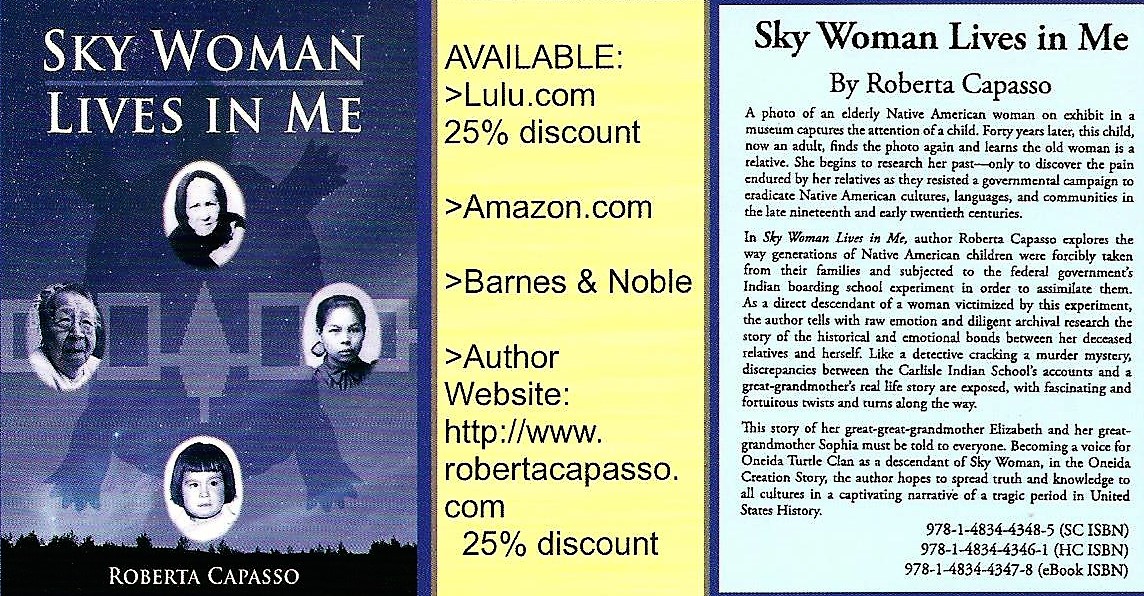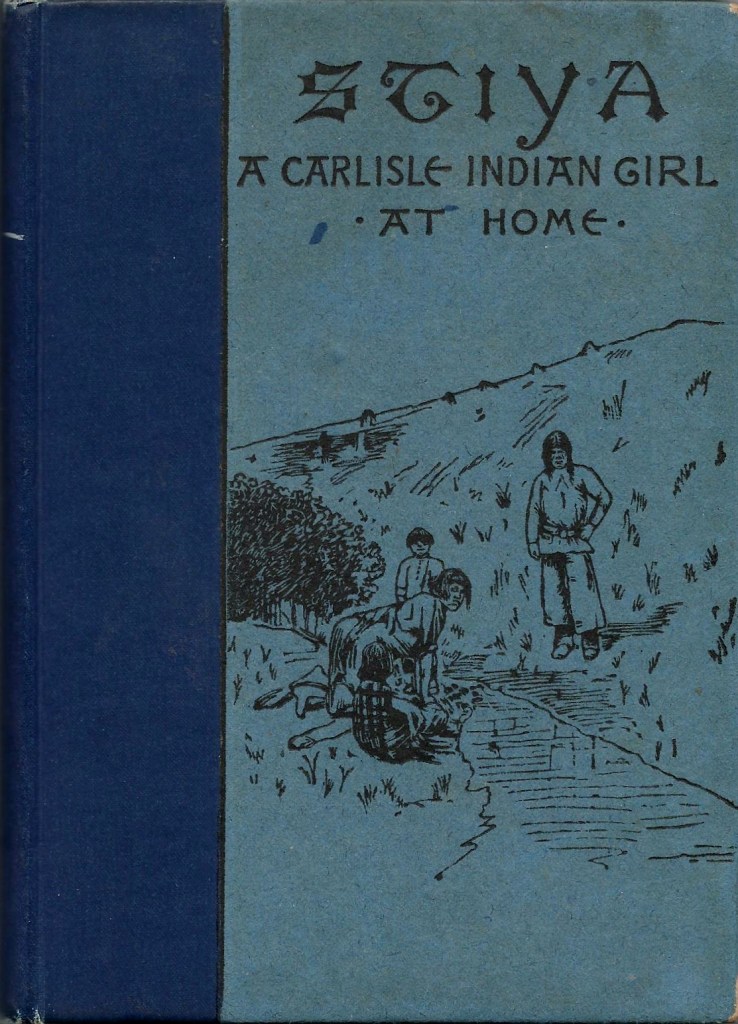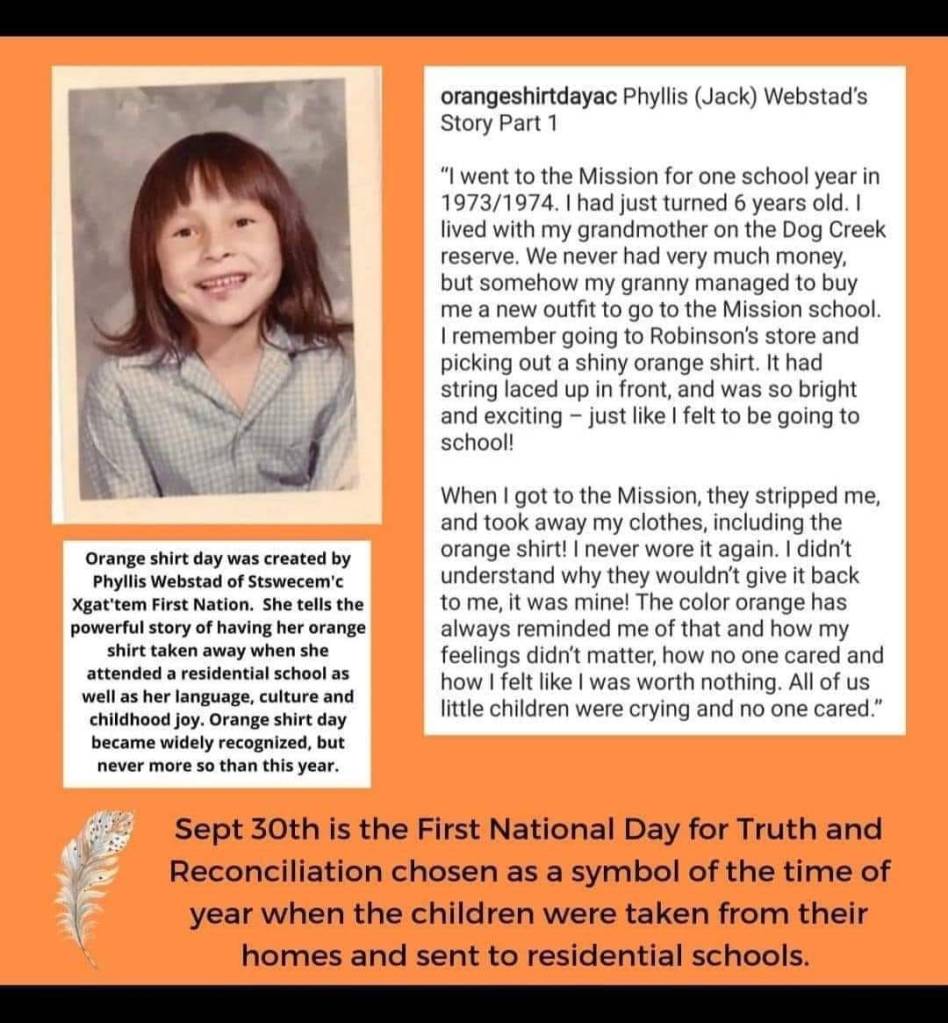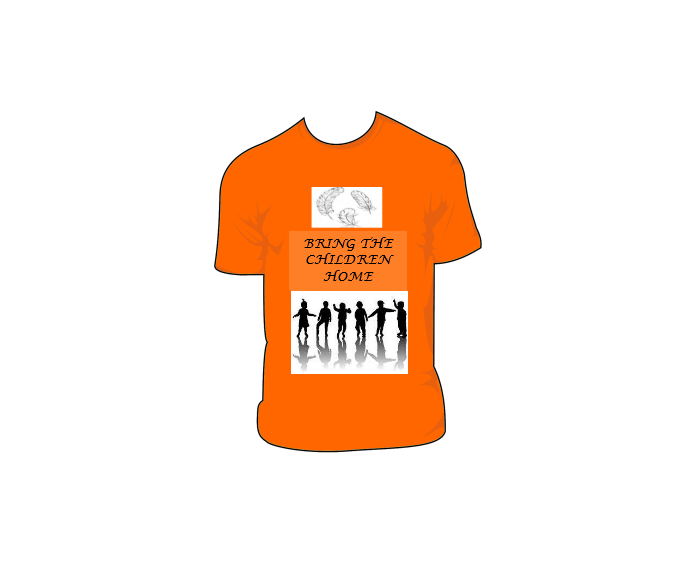Happy Indigenous People’s Day to everyone reading this. This day used to recognize Christopher Columbus discovering America. It still does. But, today we also now recognize Indigenous People in our country. Hallelujah! Thank You Creator!

Above is a picture of a book I wrote in 2016 called, Sky Woman Lives in Me. I also include where to buy my book to read it and a short summary of my book. All my life I never knew about my Oneida Indigenous heritage. In school we were taught to celebrate Christopher Columbus Day, as he discovered America. Many of our Indigenous ancestors were assimilated into the non-Indian culture, forbidden to learn about Indian culture and language. And our ancestors did not pass the language and Oneida culture on to us descendants, out of fear of retribution from the US Government.
HAPPY INDIGENOUS PEOPLES’ DAY!
Sincerely, Roberta Capasso, Author of Sky Woman Lives in Me, and a proud member of the Oneida of Wisconsin








